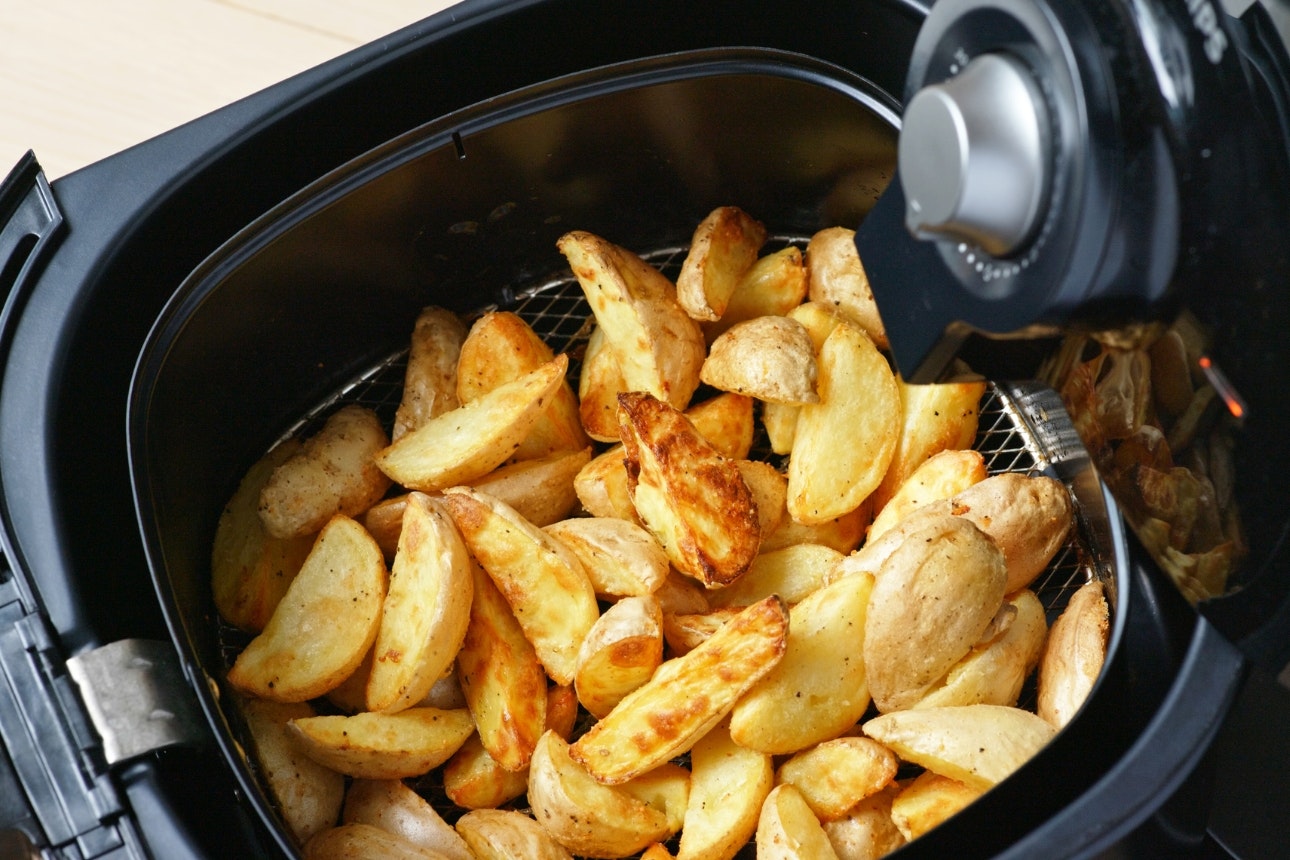
By Kate Harvey
Content Manager | Pou Whakahaere Ihirangi
New Zealand has come out the other side of a close call with a strain of salmonella that could have affected our eggs forever, had it got a grip.
Just over a year ago, we were advised not to eat runny yolks or foods that contain raw eggs, such as mayonnaise and mousse, because salmonella enteritidis (SE) had been detected on a farm.
About 150 people got sick with the strain of SE, which has a high hospitalisation rate of 40%. Symptoms include vomiting, diarrhoea, fever and a headache.
A permanent scheme is now in place to try and keep SE out of the supply chain. With the last confirmed human case and farm detection in June, New Zealand Food Safety and the egg industry are feeling confident their work together has SE under control and on the way to being eliminated.
It’s not known how the bacteria got into the country but it’s common in poultry in Europe and the United States. Theories include it coming from the droppings of migratory birds flying over, being brought in by rodents, or on workers’ clothing or shoes.
Michael Brooks, who heads both the Egg Producers Federation and Poultry Industry Association, said it was an extremely stressful time for the industry.
“We’d never had it in New Zealand so it was a great shock,” Brooks said.
“The concern was how widespread it was and the potential implications for the industry – and consumers, of course.
“We saw the devastation in the UK when they had a big salmonella outbreak and it nearly broke the egg industry.”
When he first heard SE had been found, he worried about farmers having to slaughter flocks and consumers losing confidence in eggs.
“We just had to swing into action and put our heads down.”
Three more farms had positive SE detections and had their egg production stopped. With no income, farmers had to slaughter the hens they could no longer afford to feed.

Subscribe to our newsletters
Get even more Consumer NZ news and invitations to share your voice on important issues straight to your inbox. You don’t have to be a member to have these newsletters emailed to you regularly.
Brooks said there was no compensation available to these farmers as the order to stop production came under the Animal Products Act. Beef farmers affected by mycoplasma bovis had been able to apply for compensation under the Biosecurity Act.
“There was huge financial stress for farmers who were worried that if they got their farm tested, it could be found and they’d lose their birds. But they still did it.”
Vincent Arbuckle, deputy director-general at NZ Food Safety, said egg-loving New Zealanders owed these farmers a lot of gratitude.
“I think New Zealand was lucky to catch this issue early and we acted promptly,” Arbuckle said.
“It was a painful thing for some of those farmers – they had to see entire flocks depopulated and operations stopped for months and months. They took this so seriously and some of them paid a major price.”
Consumers could now feel more relaxed about their eggs again, he said.
“It did feel out of control at the start. We were worried and we needed to tell consumers those messages.”
Arbuckle is relieved consumers can go back to enjoying eggs the way they always have.
“They shouldn’t have to do all those things. It would be a defeat. But in some countries, it’s endemic and they have refrigeration systems throughout the chain and consumers know well the handling risks.”
Arbuckle said there would always be a risk of it returning.
“We’re never going to totally eliminate it and lie back and enjoy our success. But we do now have a permanent regulatory system and a quick response.”
Ninety Ministry for Primary Industries staff had worked on eliminating SE and it had cost more than $1 million.
“We had a close call, but it goes to show – if you catch something early enough and follow the science, you can get a good outcome.”


